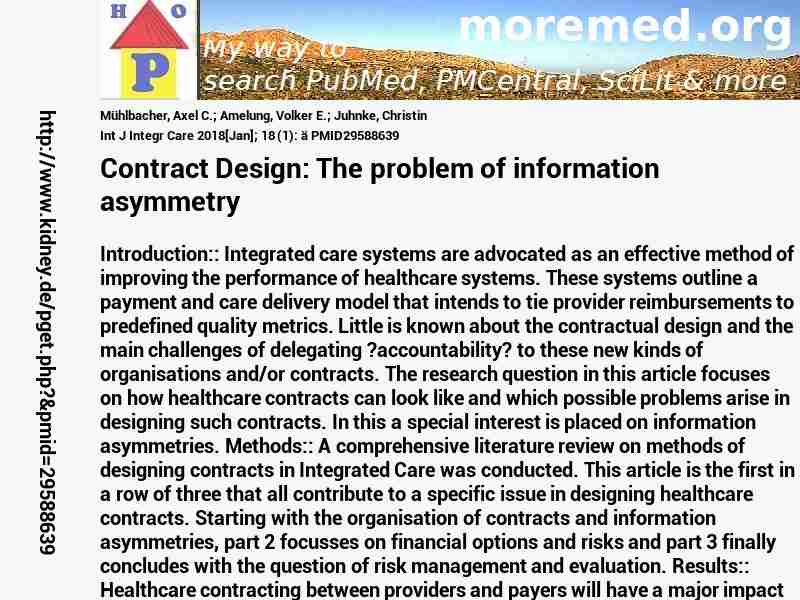10.5334/ijic.3614
http://scihub22266oqcxt.onion/10.5334/ijic.3614

C5854223!5854223!29588639
 free free
 free free
 free free
|  
Deprecated: Implicit conversion from float 211.6 to int loses precision in C:\Inetpub\vhosts\kidney.de\httpdocs\pget.php on line 534
 Int+J+Integr+Care 2018 ; 18 (1): ä Int+J+Integr+Care 2018 ; 18 (1): ä
Nephropedia Template TP
gab.com Text
Twit Text FOAVip
Twit Text #
English Wikipedia
|

 free
free free
free free
free